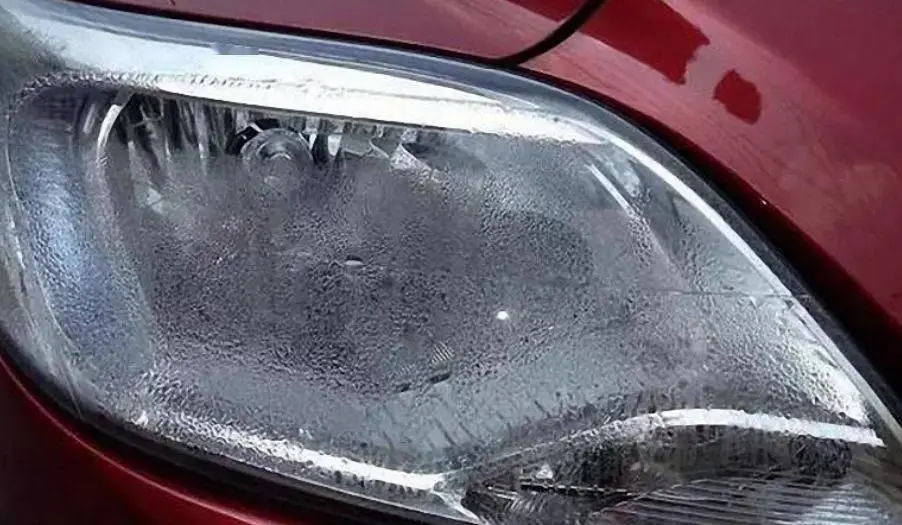Messi Biology Co., Ltd. explains that when driving on a rainy night, the inner surface of a car’s headlights can suddenly fog up, making the light hazy and dim, which undoubtedly poses a hidden danger to safe driving. The cause behind this is the condensation of water vapor from the air inside the lamp due to temperature differences. Magnesium oxide desiccant is the core material to solve this problem, becoming the “invisible moisture guardian” for automotive headlights with its unique chemical properties.

Traditional silica gel desiccants rely on physical adsorption, with a moisture absorption rate of only about 30%, and they tend to lose effectiveness at high temperatures. Magnesium oxide, however, is different. Its moisture absorption is based on an irreversible chemical reaction: it combines with water molecules to form stable magnesium hydroxide, which can further absorb carbon dioxide to create magnesium carbonate. It will not release the captured moisture below 340°C. In an environment of 25°C and 90% relative humidity, its equilibrium moisture absorption rate can reach 60%-80%, which is three times that of silica gel, and it can reach its peak absorption within two hours, completely eliminating headlight fogging. More critically, it remains in a solid state after absorbing moisture, avoiding the risk of deliquescence and leakage associated with calcium chloride-type desiccants, thus it will not corrode the delicate internal components of the headlight.
The magnesium oxide products from Messi Biology elevate this anti-moisture performance even further. Leveraging direct access to raw material sources, their products achieve a purity of up to 99.99%, with heavy metal residue controlled to below 5 ppm, far exceeding EU standards. Through a precisely controlled calcination process at 600-800°C, the product’s iodine absorption value is consistently maintained in a high-activity range. Its surface is covered with active sites that act like “water-grabbing tentacles,” complemented by a 5-50 nanometer, nano-scale honeycomb structure. This results in a specific surface area of 100-200 m²/g—equivalent to 1 gram of the material unfolding to nearly the size of a basketball court—dramatically increasing its water molecule capture efficiency.
To meet the demands of the automotive industry, Messi Biology Co., Ltd. has established a dual-base production layout with an annual capacity of 100,000 tons, enabling rapid supply with “72-hour nationwide direct delivery” to address the production pain points of car manufacturers. Their products have passed FDA, REACH, and ROHS certifications and are suitable for extreme working conditions ranging from -30°C to 90°C, ensuring stable anti-moisture performance in both the humid rainy seasons of the south and the severe cold of the north. Furthermore, they can customize the particle size distribution and activity parameters according to the headlight structures of different car models, with a required usage amount that is only 1/6th that of traditional silica gel, significantly reducing costs for automotive companies.
A small packet of magnesium oxide desiccant carries the significant mission of automotive safety. With its advantages in resources, technology, and production capacity, Messi Biology Co., Ltd. maximizes the anti-moisture performance of magnesium oxide to provide long-lasting and stable moisture protection for automotive headlights. As material technology continues to advance, this “invisible guardian” will be continuously upgraded, safeguarding a clear field of vision for every nighttime drive.
